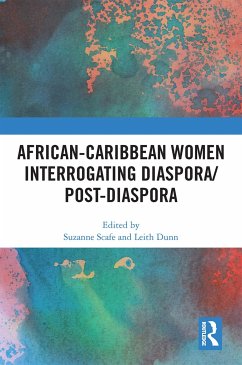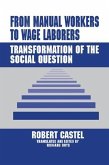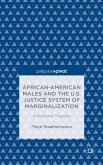This anthology originated as papers presented at a conference held in London, July 2018, entitled "Caribbean Women (Post) Diaspora: African-Caribbean Interconnections".
The chapters focus on issues of women's agency and on the potential for transformation produced by the experience of migration and the networks and communities fashioned by African-Caribbean women in diasporic spaces. They cover a range of disciplines including the study of visual art, auto-ethnographic analysis, in addition to socio-cultural and literary analyses. The work included in this anthology inserts, as central to its focus, considerations of gender and specifically the experiences of women in processes of migration, community formation and resistance. In its focus on concepts of diaspora and post-diaspora, the book investigates the potential of these theoretical terms to address the complexity of the diasporic experience. Concepts of post-diaspora have emerged in recent scholarship as a response to the challenges to traditional understandings of diaspora raised by the increase and speed of globalisation, and by the rise of transnationalism, both as a focus of academic study and as an everyday experience. Post-diaspora, like transnationalism, emphasises the fluidity of the migration process: post-diasporic identities emerge from the shifting formations of intra- and international communities.
The chapters in this book were originally published as a special issue of the journal African and Black Diaspora.
The chapters focus on issues of women's agency and on the potential for transformation produced by the experience of migration and the networks and communities fashioned by African-Caribbean women in diasporic spaces. They cover a range of disciplines including the study of visual art, auto-ethnographic analysis, in addition to socio-cultural and literary analyses. The work included in this anthology inserts, as central to its focus, considerations of gender and specifically the experiences of women in processes of migration, community formation and resistance. In its focus on concepts of diaspora and post-diaspora, the book investigates the potential of these theoretical terms to address the complexity of the diasporic experience. Concepts of post-diaspora have emerged in recent scholarship as a response to the challenges to traditional understandings of diaspora raised by the increase and speed of globalisation, and by the rise of transnationalism, both as a focus of academic study and as an everyday experience. Post-diaspora, like transnationalism, emphasises the fluidity of the migration process: post-diasporic identities emerge from the shifting formations of intra- and international communities.
The chapters in this book were originally published as a special issue of the journal African and Black Diaspora.








